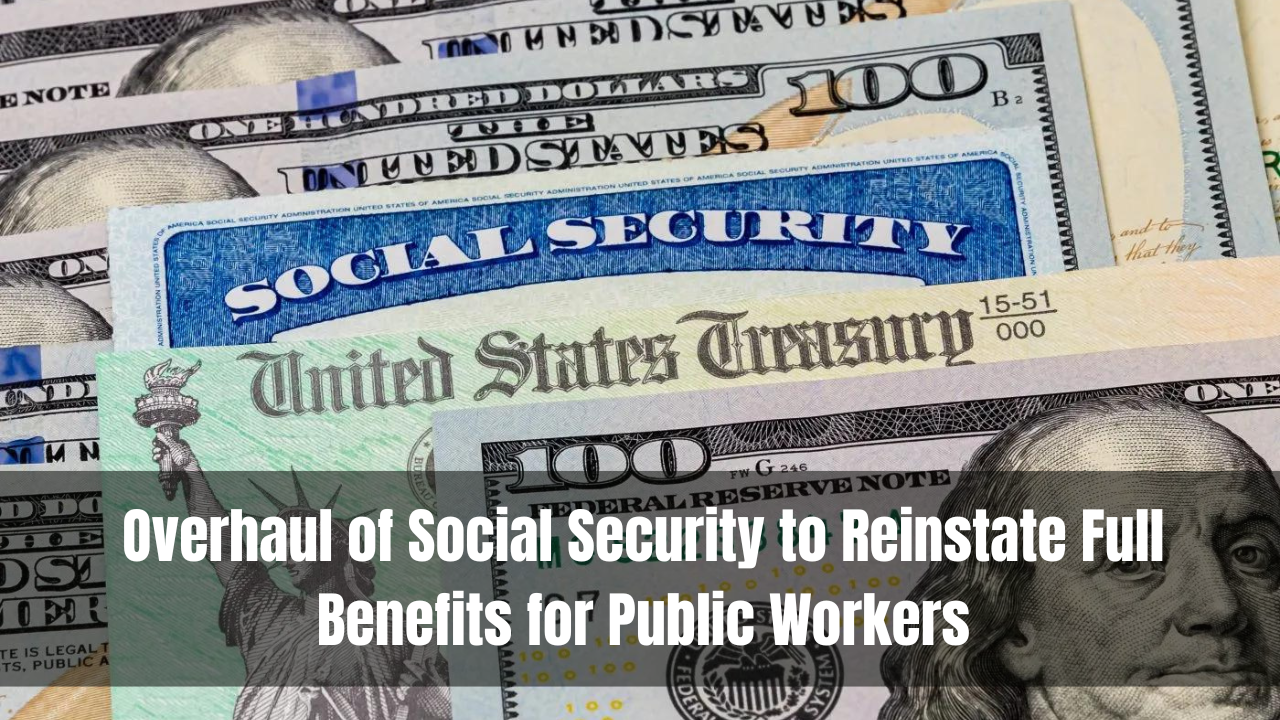The Social Security System in an Independent Scotland. A recent publication by Cabinet Secretary for Social Justice, Shirley-Anne Somerville, explores the potential for Scotland to revamp its social security system with a focus on fairness, dignity, and respect.
This paper, the ninth installment in the Building a New Scotland series, delves into the current allocation of social security powers and highlights the negative impacts of the UK Government’s welfare policies on poverty levels.
The Current Landscape
The paper underscores that the UK Government holds a majority of social security powers, including control over low-income and working-age benefits. It emphasizes the detrimental effects of existing welfare policies on poverty levels and outlines the Scottish Government’s efforts to create a fairer system within its limited powers.
Vision for Change
Outlined in the publication are potential reforms an independent Scotland could implement to foster a more equitable social security landscape. These include:
- Supporting and protecting individuals in need of financial assistance at any stage of their lives.
- Early reforms to Universal Credit, addressing issues such as the bedroom tax, benefit cap, two-child limit, ‘rape clause,’ and young parent penalty introduced by the UK Government.
- Collaborating with broader labor market, health, and social policies to cultivate a robust and dynamic economy comparable to European countries.
- Halting the rollout of changes to reserved ill-health and disability benefits resulting from the UK Government’s Health and Disability White Paper.
- Transitioning towards a system grounded in adequacy, such as a Minimum Income Guarantee, to ensure a decent level of income for everyone, promoting dignity in living standards.
Shirley-Anne Somerville Perspective
Cabinet Secretary Somerville envisions that independence would empower Scotland to adopt a more effective approach to social security. With limited powers, the Scottish Government has already demonstrated its ability to make positive changes, resulting in an estimated 90,000 fewer children living in poverty this year.
She emphasizes the potential for even greater strides in creating a fairer system, distinct from the UK Government’s approach.
Achievements and Future Prospects
The paper highlights the Scottish Government’s current delivery of 14 benefits, seven of which are exclusive to Scotland, including the Scottish Child Payment aimed at tackling poverty and reducing inequality.
Due to these policies, an estimated 90,000 fewer children are anticipated to live in poverty this year, reflecting a significant reduction in poverty levels.
The extended and increased Scottish Child Payment alone could potentially lift 50,000 children out of relative poverty in 2023/24.
Conclusion
The Scottish Government’s commitment to addressing poverty and inequality, coupled with the potential for increased powers through independence, reflects a vision for a stronger, fairer, and more prosperous Scotland. The belief is that independence provides the best route to achieving this transformative goal.






